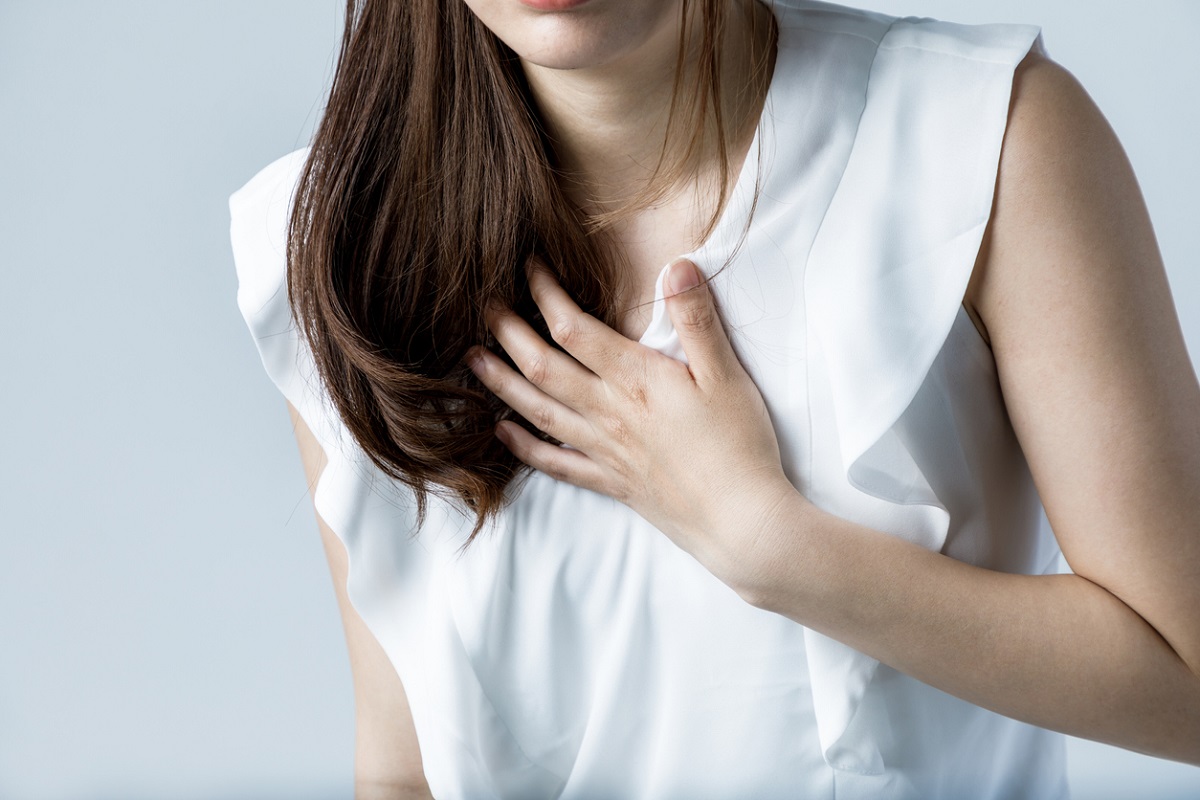Rosemary: Beyond a potent hair oil
Discover the multifaceted benefits of rosemary beyond hair care. From cognitive enhancement to stress relief, explore the therapeutic potential of this versatile essential oil.
Recently Santoor Maestro Pandit Shivkumar Sharma died of cardiac arrest on Tuesday.

(Representational Image: iStock)
Cardiac arrest, also known as sudden cardiac arrest, is when the heart stops beating suddenly. The lack of blood flow to the brain and other organs can cause a person to lose consciousness, become disabled, or die if not treated immediately. Recently Santoor Maestro Pandit Shivkumar Sharma died of cardiac arrest on Tuesday.
Most cardiac arrests occur when a diseased heart’s electrical system malfunctions. This malfunction causes an abnormal heart rhythm. Some cardiac arrests are also caused by the extreme slowing of the heart’s rhythm.
A cardiac arrest usually happens without warning. If someone is in cardiac arrest, they collapse suddenly and:
Advertisement
Without immediate treatment or medical attention, the person will die. If you see someone having a cardiac arrest, phone 999 immediately and start CPR.
Several lifestyle and hereditary factors may increase the risk of cardiac arrest. They include the following:
Some people may experience cardiac arrest with no risk factors at all. Cardiac arrest is more common in older men than women.
The terms ‘heart attack’ and ‘cardiac arrest’ are often used interchangeably, but these are two different heart conditions.
A heart attack occurs when there is a blockage in the arteries that stops blood flow in the heart. Due to the lack of blood and oxygen flowing in the heart, the heart muscle tissue will become damaged. Heart attacks can increase the risk for cardiac arrest because heart attacks can alter electrical signals in the heart. When cardiac arrest occurs suddenly with no other existing heart conditions, it’s more likely to be caused by a heart attack.
Eating nuts every day can reduce the risk of heart-related diseases by a large percentage. Nuts are rich in unsaturated fats. They improve the overall cholesterol ratio by lowering bad cholesterol and improving the good one that’s good for your heart and body. Nuts contain Omega-3 fatty acids and amino acid that helps ease blood flow. Walnuts are the best for healthy hearts.
Food items made from whole grains such as bread, brown rice, and popcorn can be great for your heart as they contain fiber, known for decreasing the risk of cardiovascular disease. Whole grains of oatmeal has the ability to decrease LDL cholesterol and blood pressure.
Lentils also rank high in the list of food items recommended for keeping the heart-healthy. They contain foliate, high fiber, and magnesium content. Lentil ranks as a superfood as it has the ability to boost heart health and reduce the risk of heart disease.
Garlic adds a nice flavor to any dish, but it also has important medicinal properties. Garlic has the ability to reduce cholesterol and blood pressure and also improves blood flow. Research shows that the use of fresh, crushed garlic is more effective than the processed variety.
If you are a fan of dark chocolates, then there’s really good news for you. Consuming a couple of pieces a day can reduce the risk of stroke. It also prevents white blood cells from sticking to the walls of blood vessels. Go for brands that have cocoa content of above 70 percent for best results.
Advertisement